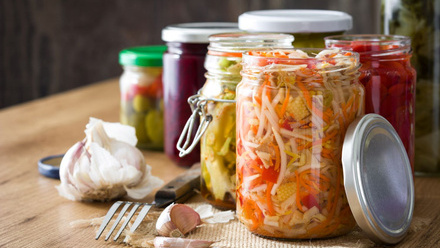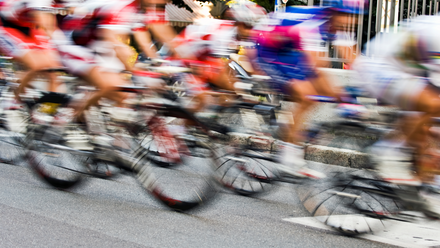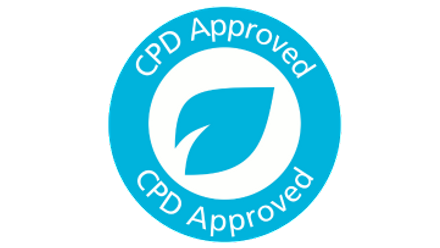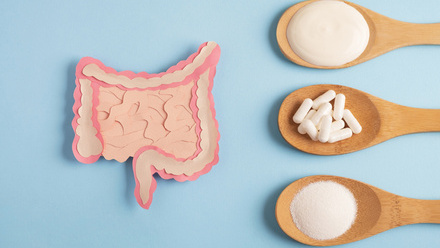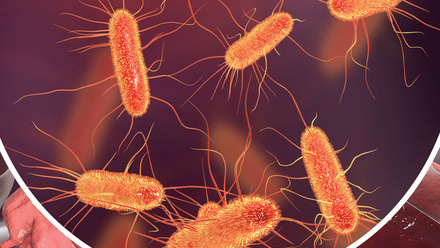Sports dietitian Sarah Chantler explains the importance of gut health in high-performance sport.
Why is gut health important in high-performance sport?
For healthy athletes, and especially team athletes, we often think that the gastrointestinal tract is just the vehicle to get food in. For a single performance (a match of 80 mins), exogenous nutrition is not the predominant factor in that performance. However, the need for the gut to function and adapt to higher intakes is vital to support chronic training load, immune and musculoskeletal recovery, and the ability to play. Travel, changes in appetite, illness and taste fatigue are also challenges for the gut and eating and hence for the dietitian to support.
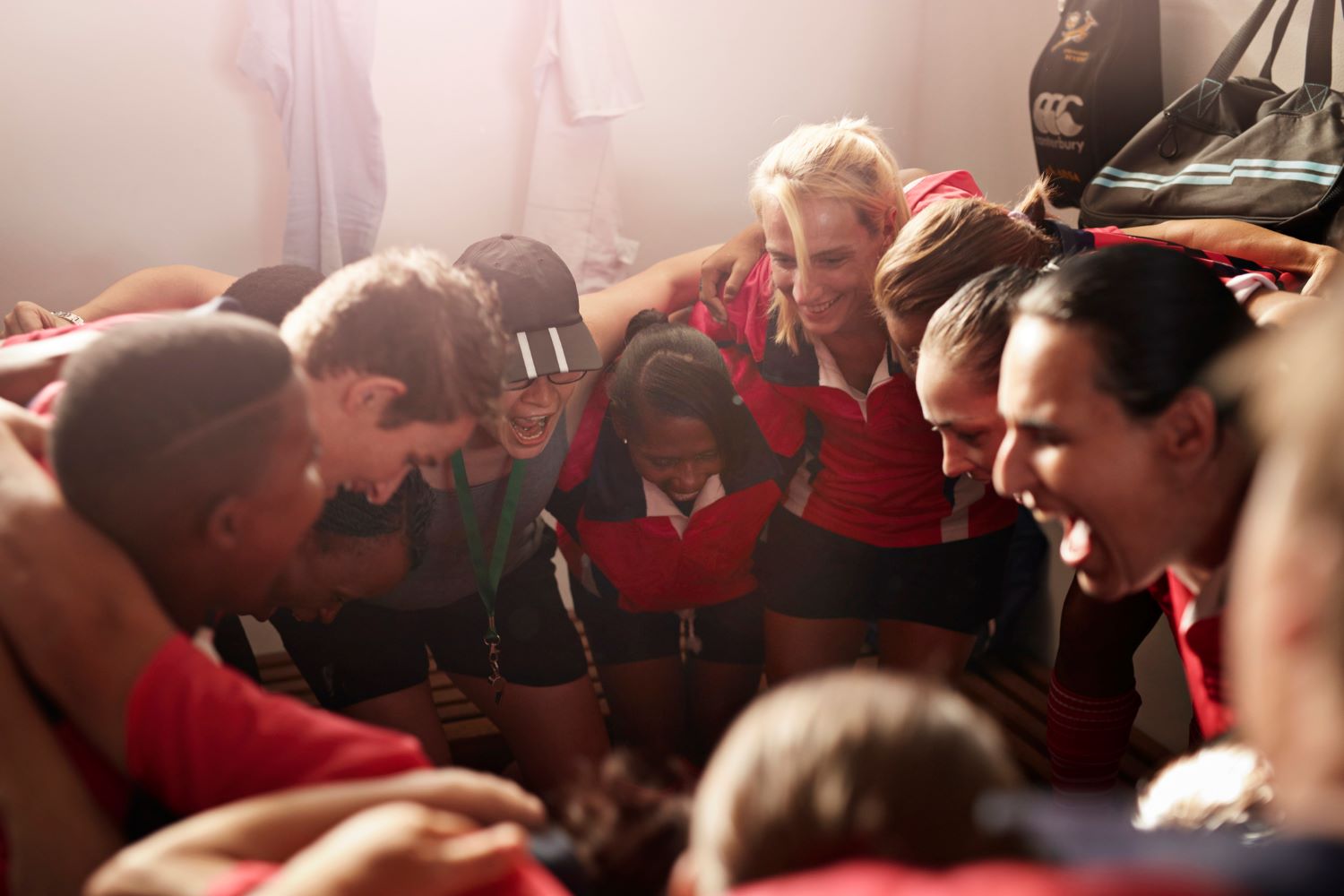
Tell us more about your research area of exercise-associated gut damage and permeability
As part of my PhD research, we described the impact of acute exercise via the use of a meta-analysis. The meta-analysis showed the lack of research in team-based sports, after which we investigated the impact of rugby-based training (including collisions) on markers of gut endothelial cell damage and permeability. We found that rugby caused similar cell disruptions compared to endurance sport. We would like to consider the impact of collisions in isolation, but COVID-19 has caused delays as with any sport-based research.
What are the practical applications of your research?
My research from the PhD forms part of the first published data in team sport around gastrointestinal symptoms experienced by rugby players. Almost half of rugby players describe some form of symptom, and the next chapter will focus on how this impacts performance and if any nutrition-based interventions can influence and improve these outcomes for players.
Aside from your research, what are the modern-day nutritional challenges of rugby?
Rugby is interesting because of the high emphasis on power and size – as well as speed and collisions. Higher training and physical demands mean higher energy requirements, which is often the opposite of working in chronic diseases. This pushes the creativity in food-based strategies to achieve the dietary outcomes. The increase in awareness around the female athlete and women’s rugby is also presenting more scope within rugby clubs for nutrition.
What are the best bits about your job?
Working within a multidisciplinary team makes the job infinitely better around the management and holistic development of players – and amplifies the work from nutrition across into all disciplines.
What are your greatest challenges?
Nutrition professionals are still part time and this can reduce our effectiveness at times when we need to develop good relationships with staff and players in order to create the behaviours and eating environment that will benefit the team.
What advice would you give to someone wanting to do more in sports dietetics?
Sports nutrition is not always a focus in dietetics – so finding a mentor and professional supervision is one of the best ways to progress into sport. And always take the time to learn your sport.
What advice would you give someone wanting to do a PhD in Sports Nutrition?
Take your time to figure out exactly how a research question can be applied back to help athletes. This gets better buy-in from athletes, coaches and teams.


